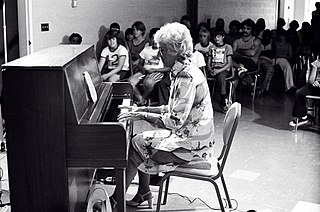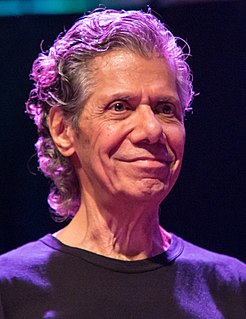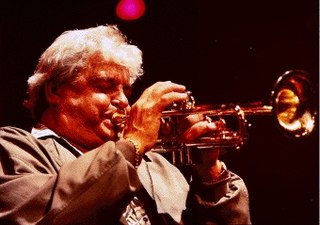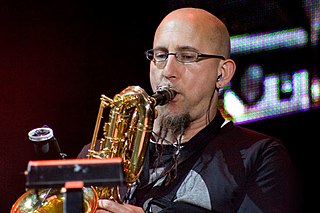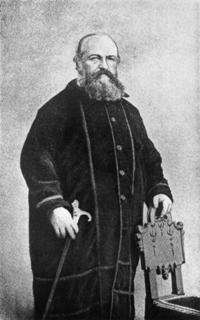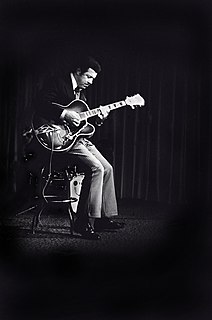A Quote by Marian McPartland
Duke Ellington is my choice for many reasons. Nobody has written so many great pieces of music, which are everlasting, and he has made them available to the world through his orchestrations of his work in a unique way. Lastly, he was himself a fine pianist. He covers the entire musical spectrum with his genius.
Related Quotes
. . . Newton was an unquestioning believer in an all-wise creator of the universe, and in his own inability - like the boy on the seashore - to fathom the entire ocean in all its depths. He therefore believed that there were not only many things in heaven beyond his philosophy, but plenty on earth as well, and he made it his business to understand for himself what the majority of intelligent men of his time accepted without dispute (to them it was as natural as common sense) - the traditional account of the creation.
When a man finds that it is his destiny to suffer, he will have to accept his suffering as his task; his single and unique task. He will have to acknowledge the fact that even in suffering he is unique and alone in the universe. No one can relieve him of his suffering or suffer in his place. His unique opportunity lies in the way in which he bears his burden.
In music, as you develop a theme or musical idea, there are many points at which directions must be decided, and at any time I was in the throes of debate with myself, harmonically or melodically, I would turn to Billy Strayhorn. We would talk, and then the whole world would come into focus. The steady hand of his good judgment pointed to the clear way that was fitting for us. He was not, as he was often referred to by many, my alter ego. Billy Strayhorn was my right arm, my left arm, all the eyes in the back of my head, my brainwaves in his head, and his in mine.
It has always been my belief that the true artist, like the true scientist, is a researcher using materials and techniques to dig into the truth and meaning of the world in which he himself lives; and what he creates, or better perhaps, brings back, are the objective results of his explorations. The measure of his talent--of his genius, if you will--is the richness he finds in such a life's voyage of discovery and the effectiveness with which he is able to embody it through his chosen medium.
A man vows, and yet will not east away the means of breaking his vow. Is it that he distinctly means to break it? Not at all; but the desires which tend to break it are at work in him dimly, and make their way into his imagination, and relax his muscles in the very moments when he is telling himself over again the reasons for his vow.
